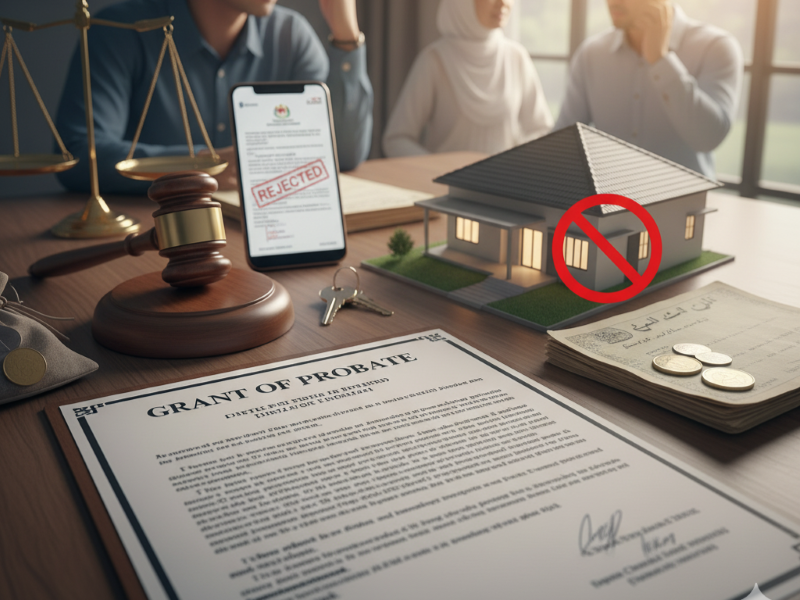In Malaysia, divorce does not mean losing everything.
Many people, after the end of a marriage, are most concerned about:
“What can I rely on to support my life?”
“Is there a way to fight for alimony?”
“What about the child’s living expenses?”
In fact, under Malaysia’s Law Reform (Marriage and Divorce) Act 1976, whether you are the husband or the wife, as long as you meet the requirements, you can use legal mechanisms to apply for alimony and child maintenance to secure legal protection for yourself and your children.
👩⚖️ What financial support can a spouse receive after divorce?
📌Under Sections 76 and 77, the court has the power to order the husband to pay alimony maintenance to the ex-wife during or after the divorce.
📌 In certain special circumstances, if the ex-husband is unable to support himself due to physical or mental conditions, the court may also order the wife to pay alimony to the ex-husband.
✅ When deciding the amount of alimony, the court will consider the following factors:
• 💰 The income and financial capacity of both parties.
• 🕰 The duration of the marriage.
• 🎂 The wife’s age and employment prospects.
• 🏠 The standard of living during the marriage.
• 👩👧 Whether the wife gave up career development for the family.
If the wife was a full-time housewife during the marriage and faces difficulty returning to the workforce after divorce, the court will generally award higher alimony support.
Even if the ex-spouse is employed, it does not mean losing the right to apply — the amount is usually just lower.
⚖️ Does fault affect alimony?
It does have an impact, but it is not the decisive factor.
If the marriage breakdown was due to infidelity, violence, or other serious misconduct by one party, the court may take fault into consideration when deciding alimony, putting that party at a disadvantage in the judgment.
⚠️However, note that:
The purpose of alimony is not to punish the spouse, but to ensure basic financial security during the period of life adjustment.
⏳ Until when will alimony be paid?
Under Section 82, alimony usually continues until any of the following occurs:
• 💍 The ex-spouse remarries.
• 🪦 The ex-spouse passes away.
📌 The court has the power to adjust alimony arrangements at any time, based on changes in financial circumstances or other valid reasons upon application.
If the other party refuses to pay alimony, you can apply to the court for:
• 👔 Salary garnishment
• 💳 Freezing of bank accounts.
• 🏦 Initiating bankruptcy proceedings.
• ⚠️ Filing for contempt of court.
👶 Are children entitled to maintenance?
Of course. Under Sections 93 and 95, children are entitled to financial support from their parents:
📌 The father is usually the primary provider.
📌 If the mother is financially capable, she will also be required to share the responsibility.
Maintenance is usually paid until the child reaches the age of 18.
However, if the child continues education, especially at the university level, the court may order the parents to continue paying for educational expenses.
🎓 In the case Shantini Pillay v Kanna Dasan \[2018] MLJU 1199, the court ordered the father to bear university tuition fees, but not for master’s level studies.
Basic maintenance for children includes:
• 🍽 Food expenses.
• 🏡 Housing expenses.
• 📚 Education-related expenses.
✅In summary: Divorce is not the end — knowing the law is the way to protect yourself ☂️.
After divorce, whether you are the ex-wife or ex-husband, as long as you meet the conditions, you have the right to apply for alimony or child maintenance according to the law.
Do not easily give up your rights, especially when you face:
• An ex-spouse refusing to pay.
• Financial hardship.
• No one covering the child’s education or living expenses.












